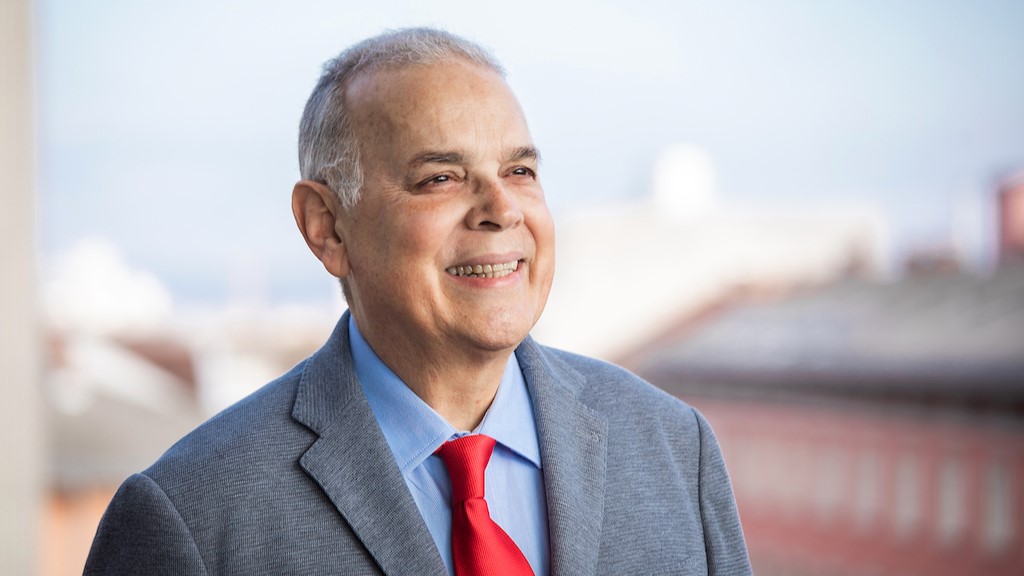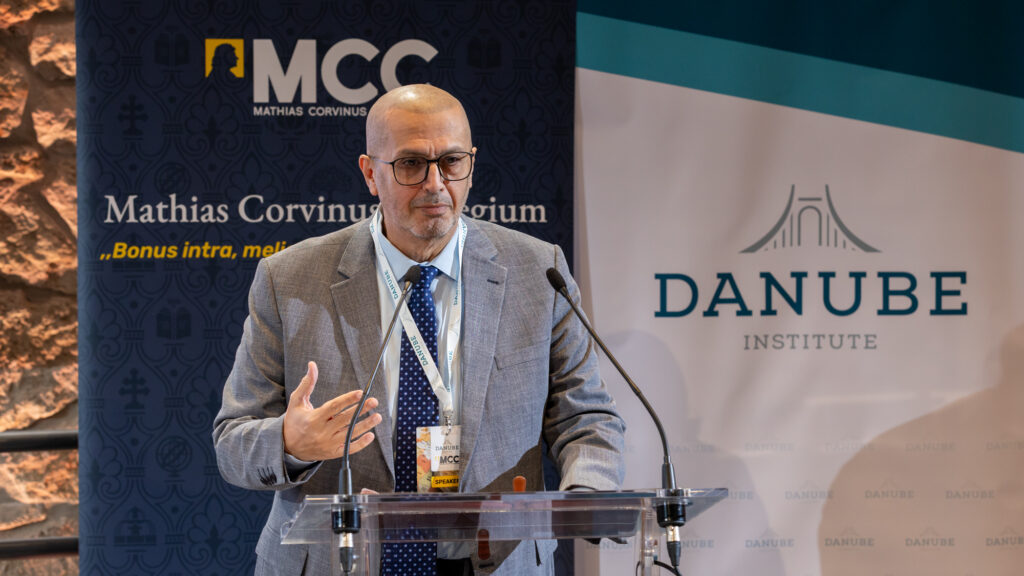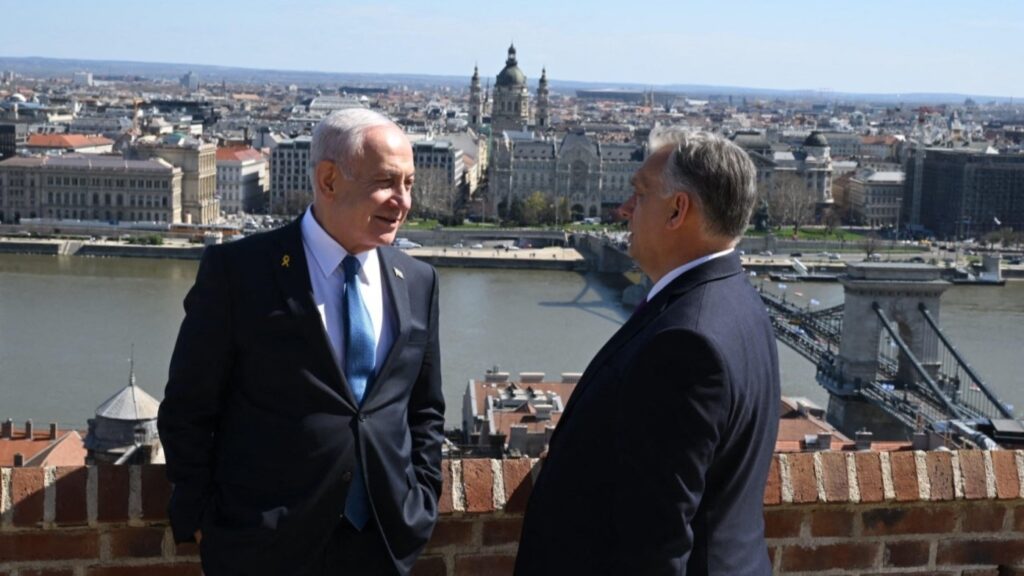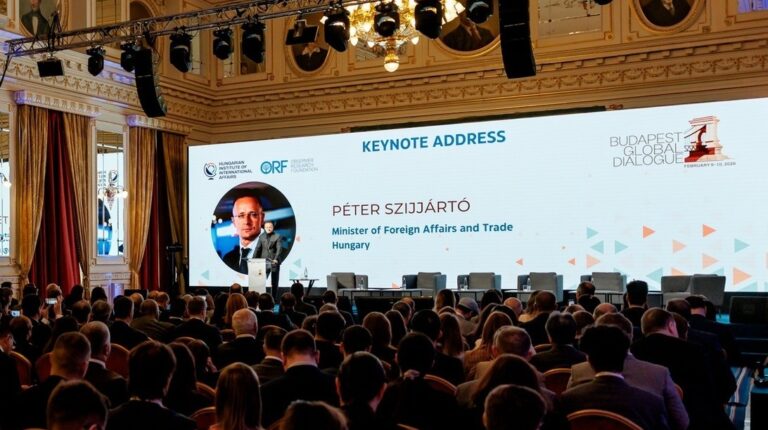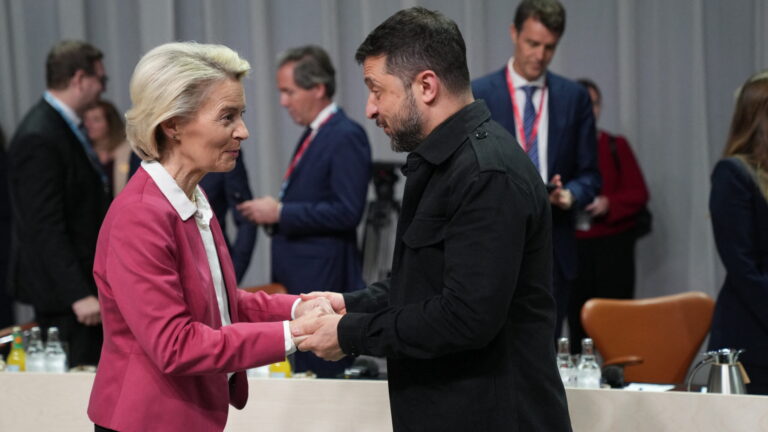Alejandro Peña Esclusa, an engineer, writer, analyst, and political consultant, was one of the pioneers of the initial Venezuelan protests against the Hugo Chávez regime. He was imprisoned for a year in El Helicoide, a notorious facility known for its use of torture and other forms of ill-treatment, and remains a political prisoner to this day. An expert on the São Paulo Forum, which was founded in 1990 by Fidel Castro and Brazilian President Luiz Inácio Lula da Silva, Peña Esclusa has made significant contributions to the understanding of the organization. Initially bringing together 48 left-wing parties and movements from Latin America and the Caribbean, the forum’s membership grew to 200 by 2019. Its aim was to promote communist, socialist, and anti-imperialist policies throughout the region. Peña Esclusa has authored four books on the subject, with his latest work, The São Paulo Forum Cultural Warfare, being widely distributed internationally.
***
What is your perspective on the global impact of the ‘patriotic era’ ushered in by the Trump administration, particularly emphasizing national interests and sovereignty over globalist narratives?
The Donald Trump administration represents a 180-degree change from the policies of Joe Biden, who was influenced by the most extreme left-wing sector of the Democratic Party. In the case of Latin America, defending the national interest and sovereignty means defeating drug cartels and organized crime structures, which grew exponentially under the leftist governments of the Sao Paulo Forum. The most emblematic case is my country, Venezuela, whose dictator, Nicolás Maduro, is the head of the most powerful drug cartel, the ‘Cartel of the Suns’; that’s why the US Department of Justice is offering a reward of US$ 25 million for his capture, the same amount offered for Bin Laden! It is very positive for Latin America that Trump designated the drug cartels as terrorist organizations.
How do you interpret the revival of the Monroe Doctrine’s ‘America for the Americans’ principle under the new US leadership, and what implications could this have for China’s influence in the Americas?
China has been quietly buying up entire sectors of the Latin American economy and offering loans while building infrastructure such as huge seaports. These contributions are not exactly humanitarian aid but rather seek to control politics through economics. It is no coincidence that all the leaders of the Sao Paulo Forum, including Brazilian President Luiz Inácio Lula da Silva, maintain close relations with China. As a matter of fact, members of the Sao Paulo Forum hold regular meetings with the Chinese Communist Party. I think that the Donald Trump administration, with Cuban American Marco Rubio as Secretary of State, will develop a regional policy that will help reduce Chinese influence in Latin America and defeat Castro-communist dictatorships such as those in Cuba, Nicaragua and Venezuela.
What insights from Central and Eastern Europe’s post-communist transitions could be applied to support democratic reforms in Latin America?
I believe that Latin Americans have a lot to learn from the countries of Central and Eastern Europe, where, in some cases, communists were allowed to participate in the processes of transition to democracy, which opened the door to the return of socialism. It must be very clear that those who violated human rights and established dictatorships cannot have a place in the management of democratic transitions. In the case of Latin America, this includes all left-wing leaders who have committed crimes against humanity and/or who have been linked to drug trafficking.
How do you see Hungary and comparable nations contributing to the advancement of patriotic movements in Latin America, and what practical models or examples could they provide to help shape a conservative agenda in the region?
I always say that Hungary and other Central European countries are very close to Latin America, despite the distance that separates us and the linguistic differences, because we share the same Western Judeo–Christian culture. Unlike France and Germany, Hungary has not been affected by cultural Marxism or wokeist ideology, so our peoples—Latin American and Hungarian—basically share the same values, based on love for God, country and family. I am convinced that our nations can and should work together to build a better future.
Related articles:

